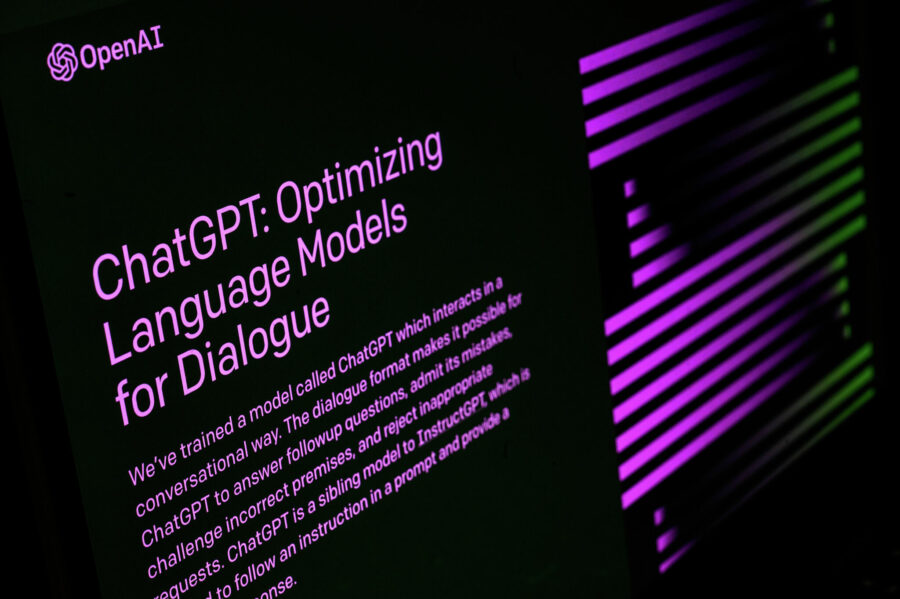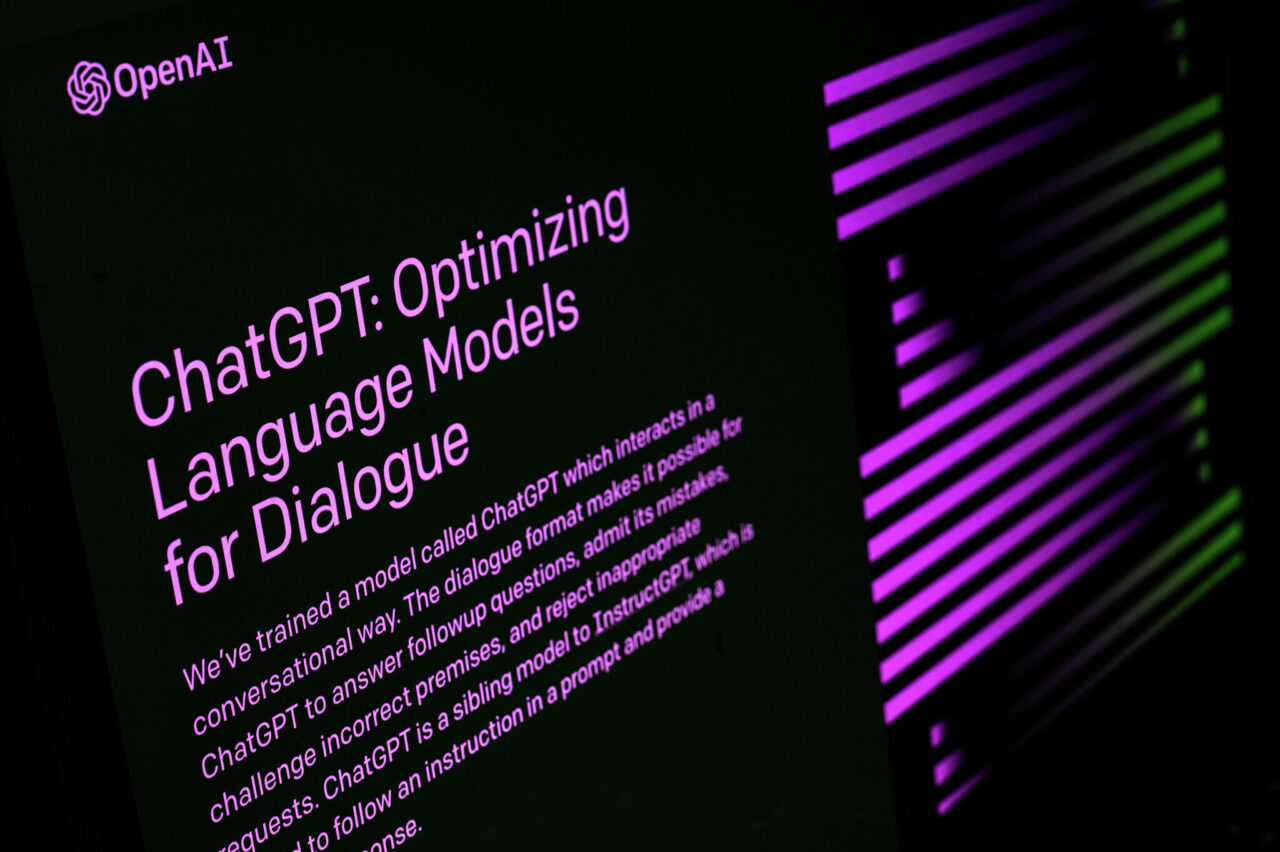ChatGPT Introduction
ChatGPT, a state-of-the-art AI language model developed by OpenAI, has revolutionized the way we interact with technology, providing users with an advanced tool for information retrieval, communication, and content creation. Despite its impressive capabilities, there are notable downsides to this cutting-edge technology. This essay will delve into the potential issues surrounding ChatGPT, including its limitations, ethical concerns, and potential negative societal impacts.
Limitations
- Inaccurate Information: ChatGPT is trained on a vast amount of textual data, which includes both accurate and inaccurate information. Consequently, the AI model may occasionally provide incorrect or outdated answers, leading to the dissemination of false information.
- Lack of Contextual Understanding: Although ChatGPT can provide coherent responses, it does not possess a deep understanding of context or real-world situations, resulting in answers that may seem appropriate but are fundamentally incorrect or nonsensical.
- Verbosity and Over-Optimization: ChatGPT tends to generate verbose answers, often providing more information than necessary. Additionally, it may optimize for engaging content rather than prioritizing accuracy, leading to misleading or overly embellished responses.
Ethical Concerns
- Bias and Discrimination: ChatGPT is trained on data that may contain societal biases, prejudices, and stereotypes. As a result, it may inadvertently produce responses that reflect these biases, perpetuating harmful stereotypes and discrimination.
- Privacy and Surveillance: The widespread use of ChatGPT raises privacy concerns, as data input into the system could potentially be collected, stored, and analyzed, infringing on users’ privacy rights and paving the way for surveillance and manipulation.
Societal Impacts
- Disinformation and Manipulation: ChatGPT’s ability to generate coherent and persuasive text may be exploited to spread disinformation, create fake news, or manipulate public opinion, undermining trust in traditional sources of information.
- Job Displacement: The automation capabilities of ChatGPT may lead to job displacement in various industries, such as content creation, customer support, and translation services, contributing to unemployment and economic disparities.
- Addiction and Social Isolation: The convenience and engaging nature of ChatGPT may result in users becoming increasingly reliant on AI-generated content and communication, potentially fostering addiction and social isolation.
Conclusion
While ChatGPT has undoubtedly advanced the field of artificial intelligence, it is essential to consider its limitations and potential negative impacts. By understanding and addressing these concerns, we can work towards creating a more ethical and responsible framework for AI development and use, ensuring that the benefits of this technology are harnessed without compromising the values and principles that guide our society.


